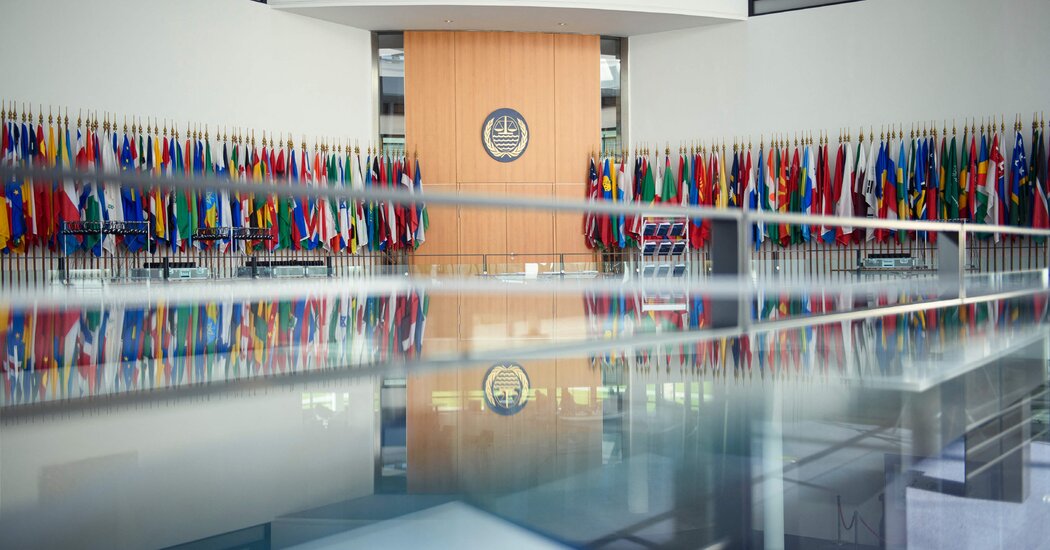The world’s highest court dealing with the oceans said on Tuesday that excessive greenhouse gases were pollutants that can cause irreversible harm to the marine environment. The groundbreaking advisory opinion was unanimous, and experts say it could lead to more wide-ranging claims for damages against polluting nations.
The opinion by the court, the International Tribunal for the Law of the Sea, is not binding, but it said that legally, nations must take all necessary measures to reduce, control and prevent marine pollution caused by human-made greenhouse gas emissions.
Given the expertise of the court, sometimes called the Oceans court, the opinion is likely to affect how other international and national courts address the growing dangers posed by greenhouse gases that cause the heating and acidification of the oceans.
As the world warms, the oceans are absorbing a significant amount of the excess heat, which has the potential to alter ocean currents and the marine ecosystem and contribute to coral bleaching, among other dangers. Acidification, which is also harmful to sea life and can alter marine food webs, happens as ocean waters absorb carbon dioxide, the main greenhouse gas warming the world.
The request for an advisory opinion was made by a group of small island nations that are already affected by rising sea levels. The court’s opinion applies to the more than 165 countries that ratified the United Nations Convention on the Law of the Sea, which includes large polluters such as China, Russia and India, but not the United States.
The opinion issued by the 21 judges on Tuesday effectively expanded the definition of marine pollution to include greenhouse gases. The convention, which was negotiated in the 1970s, does not mention these emissions and their adverse effects on the world’s oceans, which are based on more recent science.
“We did not know how serious these emissions were in the 1970s,” said David Freestone, the co-author of a 2023 World Bank report on the legal dimension of sea level rise who has followed the hearings and debates at the court. “At that time, people were concerned about acid rain.”
The key questions addressed by the court were whether excessive greenhouse gasses constitute “pollution of the marine environment” — the judges said yes; and whether countries can be held to account for that — again, yes.
Leaders of the island nations that brought the case argue that existing climate accords have not made enough progress to prevent lasting damage to the oceans. They say that while they contribute only a fraction of global emissions, they are already bearing the brunt of catastrophic effects of the changing climate.
“This is really an epic David and Goliath contest,” Payam Akhavan, the lead lawyer for the group that brought the case, said at a recent news briefing. He said that some of the world’s smallest nations were invoking the power of international law against major polluters.
China and Saudi Arabia, a major oil exporter, strongly challenged the islands’ request during last year’s hearings in the case, saying that the court lacked sufficient authority to set out new rules. But on Tuesday, the judges said the court did have jurisdiction.



